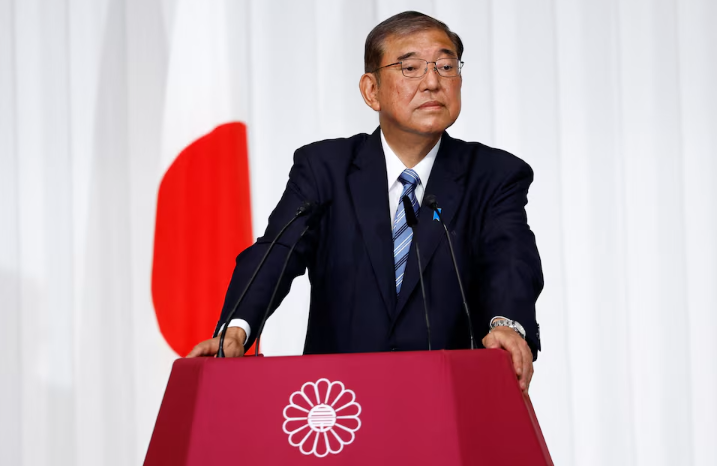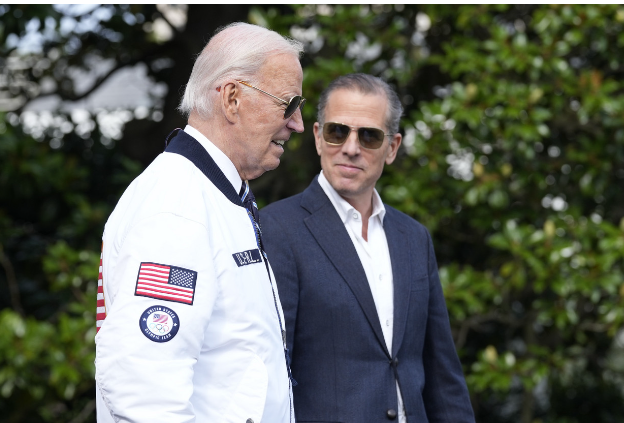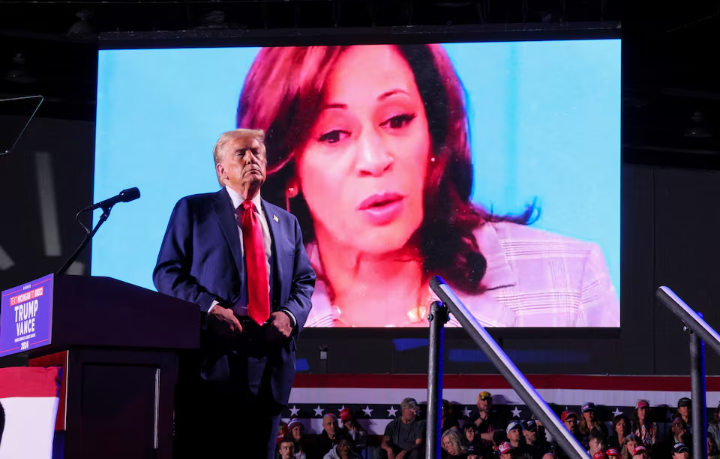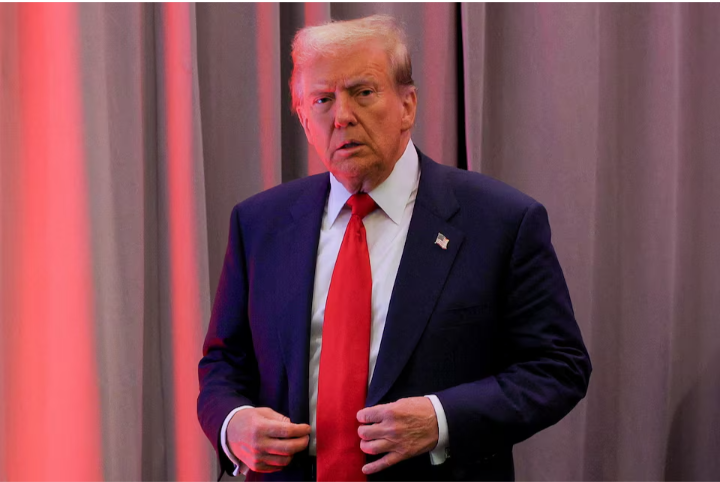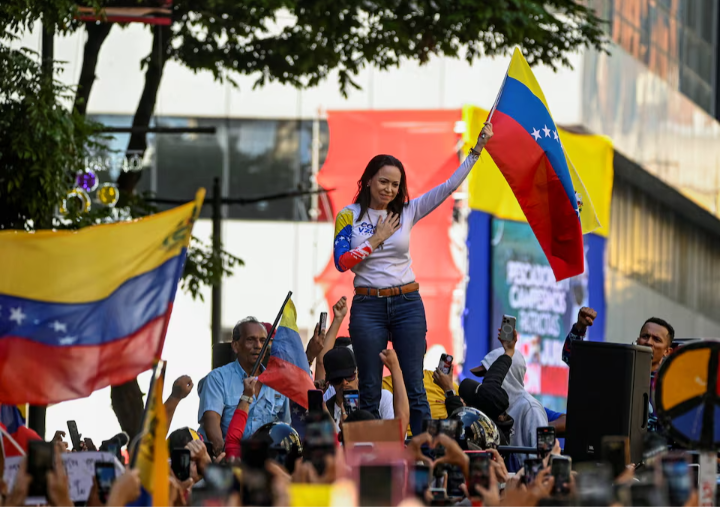Japanese lawmakers have re-elected Prime Minister Shigeru Ishiba despite his coalition’s recent loss of its parliamentary majority, putting him in charge of a minority government that faces both domestic and international challenges. Ishiba’s re-election, following a contentious runoff vote that was broadcast nationwide, signals his intent to push forward with his policy agenda, though he is now dependent on support from smaller opposition parties to pass legislation.
After calling a snap election only a month into his term, Ishiba’s Liberal Democratic Party and its coalition partner, Komeito, won the largest bloc of seats in the lower house but lost the majority they had held since 2012. Ishiba prevailed in the runoff vote with 221 votes, well ahead of his main rival, former Prime Minister Yoshihiko Noda of the Constitutional Democratic Party, but still fell short of the 233 seats needed for a majority in the 465-seat lower house. This leaves him vulnerable to opposition challenges and heavily reliant on coalition-building efforts.
As he leads this minority government, Ishiba’s immediate domestic challenge is drafting a supplementary budget to address urgent issues, including the rising cost of living and voter demand for increased welfare spending. Securing parliamentary approval for this budget will require cooperation with at least one opposition party, likely the Democratic Party for the People (DPP) led by Yuichiro Tamaki, who has engaged in preliminary discussions with Ishiba. However, Tamaki’s own position is under scrutiny following recent revelations of a personal scandal, adding a layer of unpredictability to the situation.
On the international front, Ishiba is preparing for the upcoming Group of 20 (G20) summit in Brazil on November 18–19, where he will represent Japan in discussions on the global economy. Ishiba also hopes to arrange a meeting with U.S. President Donald Trump on the way to or from the summit. Some Japanese officials are concerned that Trump may seek to revive protectionist trade measures or press Japan to increase its contributions to U.S. military presence costs, potentially impacting Japan’s already strained economy. Ishiba hopes to rekindle the strong diplomatic relationship that Trump had with Japan’s former Prime Minister Shinzo Abe, whose personal rapport with Trump had helped smooth over previous trade disputes.
Facing complex domestic needs and a sensitive international environment, Ishiba’s leadership will be tested as he seeks to regain public trust following recent political scandals, foster cooperation in a divided parliament, and navigate Japan’s role amidst shifting global alliances and economic pressures.

